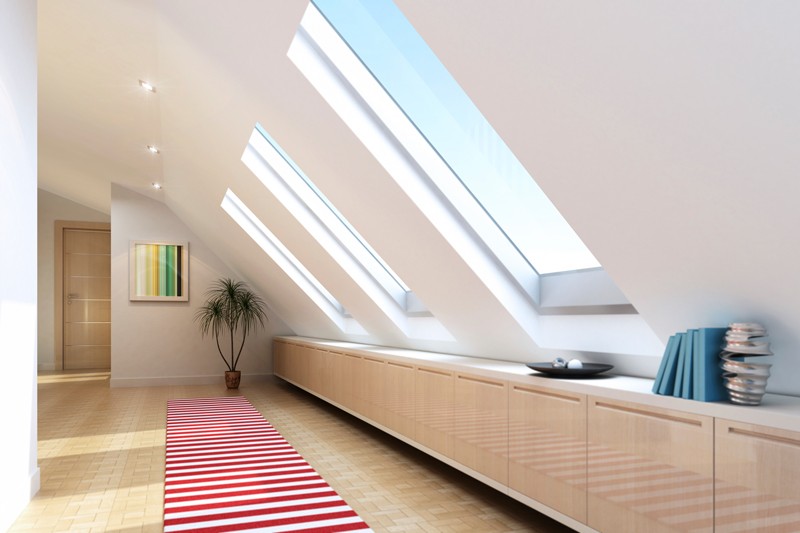Roof spaces in central London sell for about 50% of the value of the finished flat – which means that leaseholders or potential purchasers of a top flat in London should beware:
There is almost certainly a property developer who has their eyes on the air above your head.
It is one of the reasons for wanting to buy the freehold of an apartment building. However, the law is not always clear as to who owns the air above a building. In some cases, it is the owner of the top-floor flat who has the right to develop the roof space, so if you live in or own a top-floor flat it is worth checking the terms of your lease in case there is a large windfall a few feet above your head. Read the lease carefully because, even if you do own the right to build on the roof, you may be unable to do so without the permission of the freeholder, who will almost certainly demand a cut. And in London’s property market, where no space is too small or awkward for development, it is probably worth finding out if you can get permission to create a basement, too.
If you really want to create value in your property, enlarging it is one of the best ways to do so, but roofs and basements aren’t the only options. To assess your property’s extension possibilities, look at it from the garden or road behind. Have other properties on the same street been extended or altered at all? If so, it may have created a precedent for planning permission. Each opportunity needs to be assessed on its own merits, but the ‘big four ’ extension possibilities are side returns, conservatories, lofts and basements.
So, if you’re in the market for buying apartments, it would be wise to buy a top-floor one-bed flat, where it’s possible to extend into the roof space for a second bedroom. Make sure there’s enough head height (the floor will need strengthening, so you’ll lose a good six inches) and get your solicitor to verify ownership of the loft space and guarantee that consent from the freeholder is available. To maximise resale value, any additions should be properly incorporated into the main body of the property, and remember that purchasers like good light levels and well-proportioned rooms: don’t sacrifice a good space to create two boxy rooms.
Planning and using your common sense are vital. Establish the ceiling price for similar local properties and budget accordingly. There is no point spending £60,000 on an extension and bumping up your asking price by £100,000 if people with that sort of budget simply won’t want to live in your street. Similarly, you will put off prospective buyers by adding a cheap-looking extension to a smart property.






